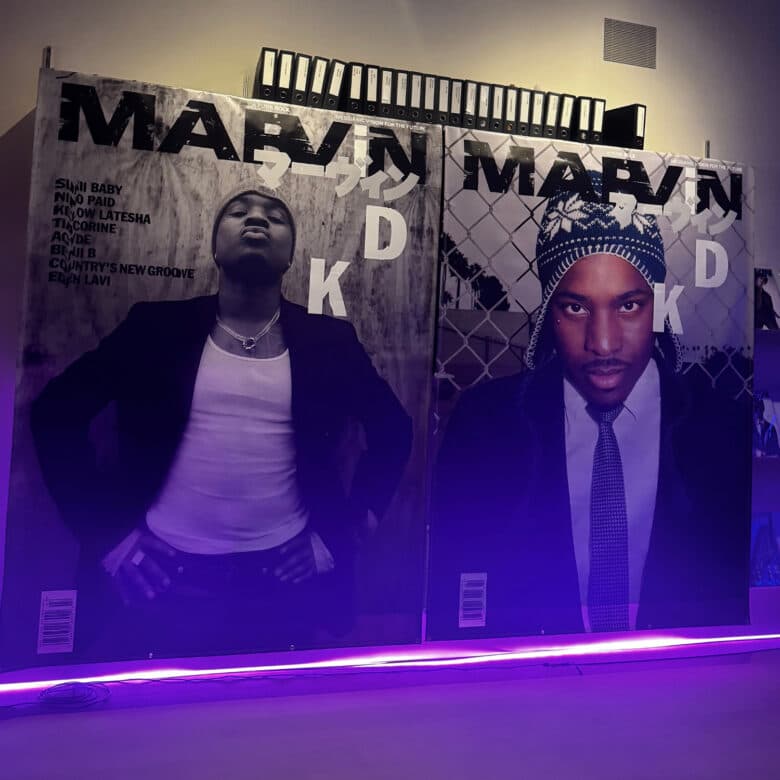Crystal girlies rejoice – you can now study magic at university

Looking to live out your Harry Potter dreams, put a curse on your ex, or impress your next date with a few magic tricks? Well, luckily for you, The University of Exeter is now offering a masters degree in magic and the occult, starting in September 2024.
Sorry for getting your hopes up, but unfortunately the course won’t actually give you the skills to make items levitate (obviously). Instead, the multidisciplinary degree will draw on history, literature, philosophy, archaeology, sociology, psychology, drama and religion to demonstrate the role of magic in the west and the east – which is just as interesting, right?
In recent years, the popularity of folklore, witchcraft and magic has soared, a change largely ascribed to the decline of organised religion and also possibly influenced by growing concern for the environment. Oh, and TikTok, obviously. Notably, the 2022 census found that there has been a significant rise in the number of people who identify as pagans or Wiccans in the UK, while shamanism emerged as the fastest-growing religion.
Prof Emily Selove, who leads the Exeter course, said the “recent surge in interest in magic and the occult inside and outside academia lies at the heart of the most urgent questions of our society. Decolonisation, the exploration of alternative epistemologies, feminism, and anti-racism are at the core of this programme.”
Students will be able to take modules on a wide range of magic-adjacent topics: from dragons in western literature and art to the legend of King Arthur. They’ll also be able to study palaeography, Islamic thought, archaeological theory and practice, the depiction of women in the Middle Ages, the book in medieval and early modern Europe, gender, society and culture in early modern Europe and the philosophy of psychedelics.
“This MA will allow people to re-examine the assumption that the West is the place of rationalism and science, while the rest of the world is a place of magic and superstition,” she continued, adding that the course will explore how magic’s relationship with the natural world can bring new perspectives to climate breakdown.
Selove said there had been a lot of interest in the course since its launch, with the university receiving more than 100 inquiries. Besides, who needs maths or English anymore?

